How can we better understand vulnerability in reef communities and develop holistic approaches that build adaptive capacity?
Image Carousel with 5 slides
A carousel is a rotating set of images. Use the previous and next buttons to change the displayed slide
-
Slide 1: Palau, Sentinel-2 - Natural with atmospheric removal
-
Slide 2: ""
-
Slide 3: ""
-
Slide 4: ""
-
Slide 5: ""
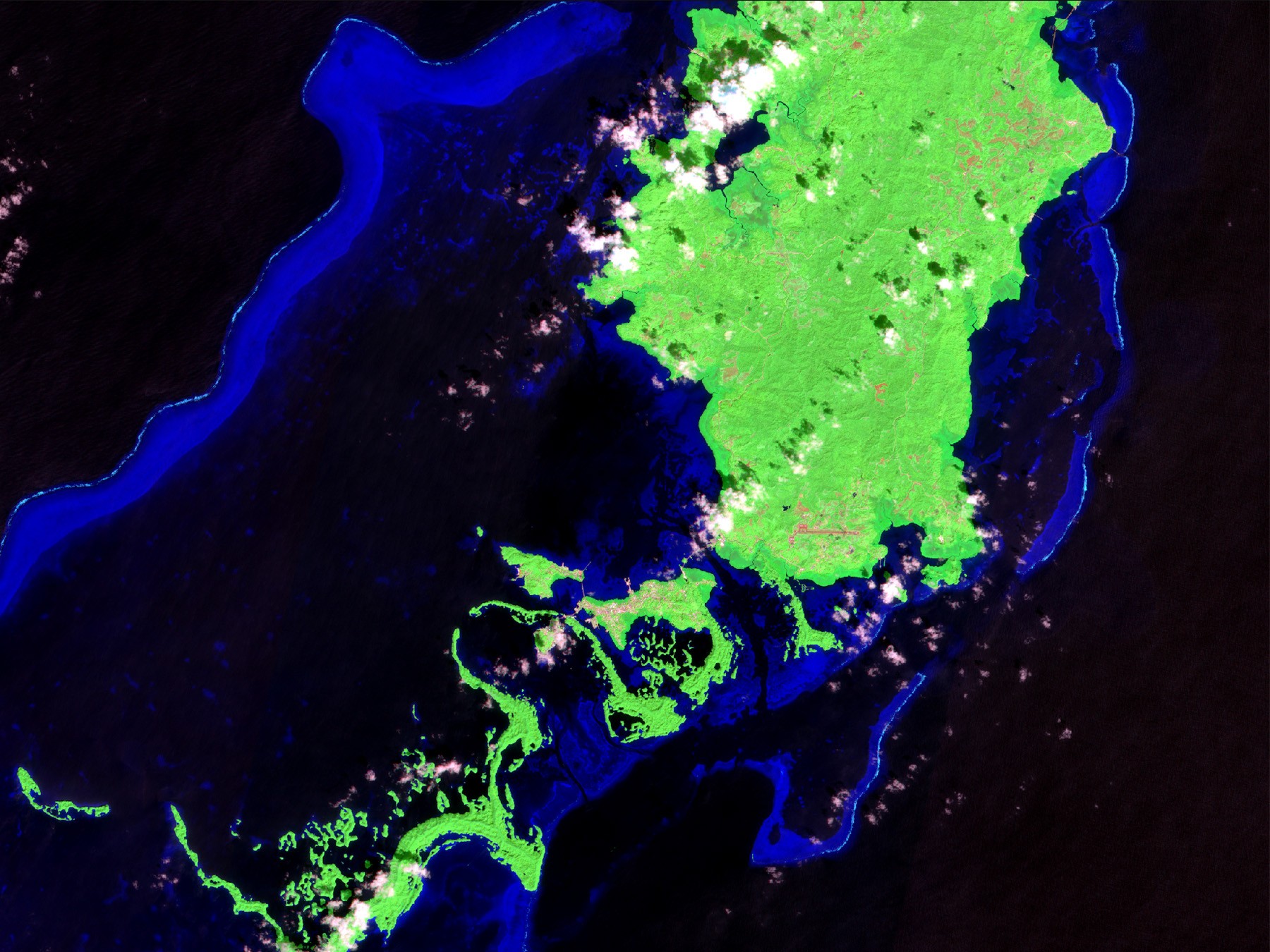
Palau, Sentinel-2 - Natural with atmospheric removal
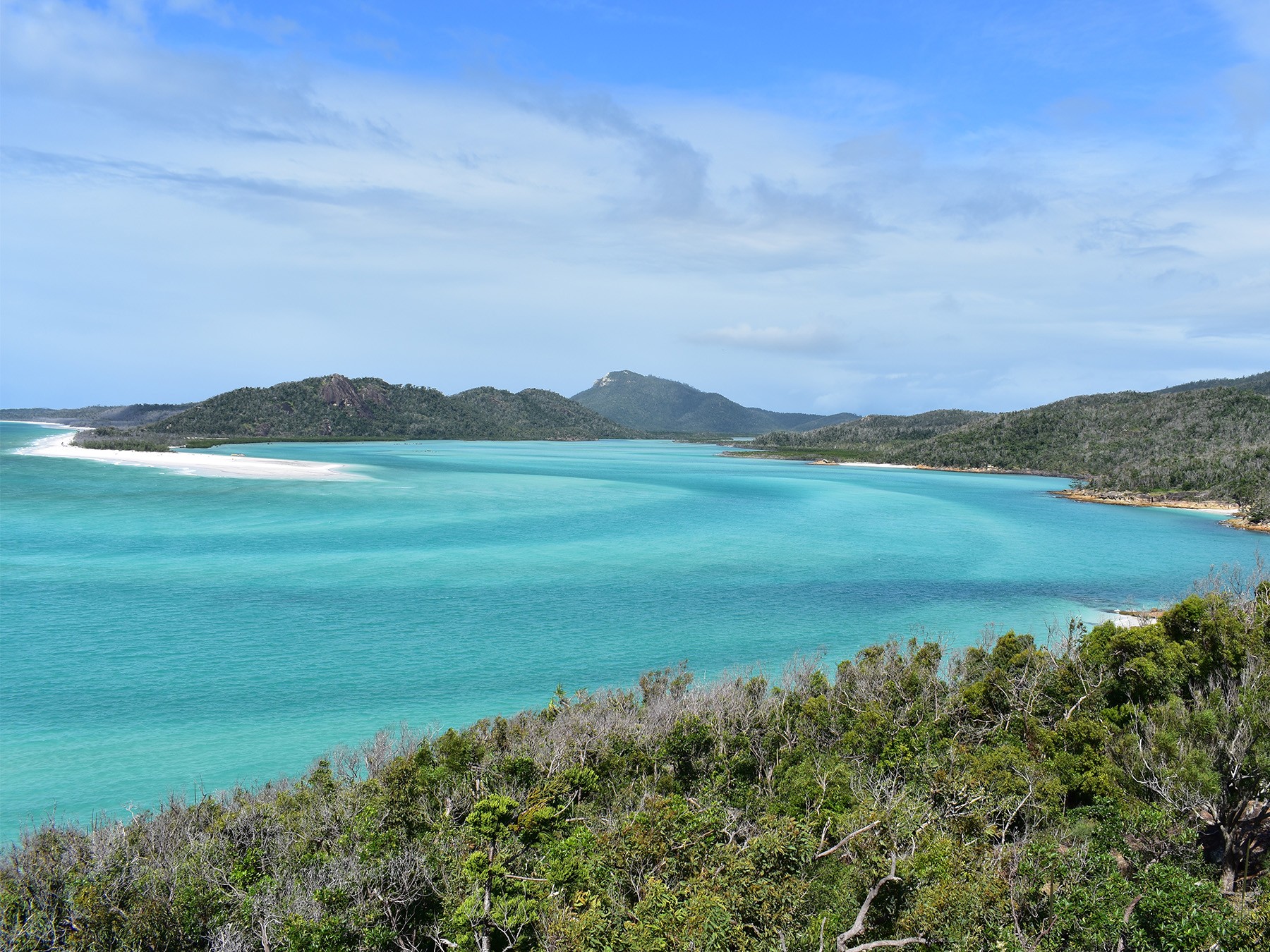
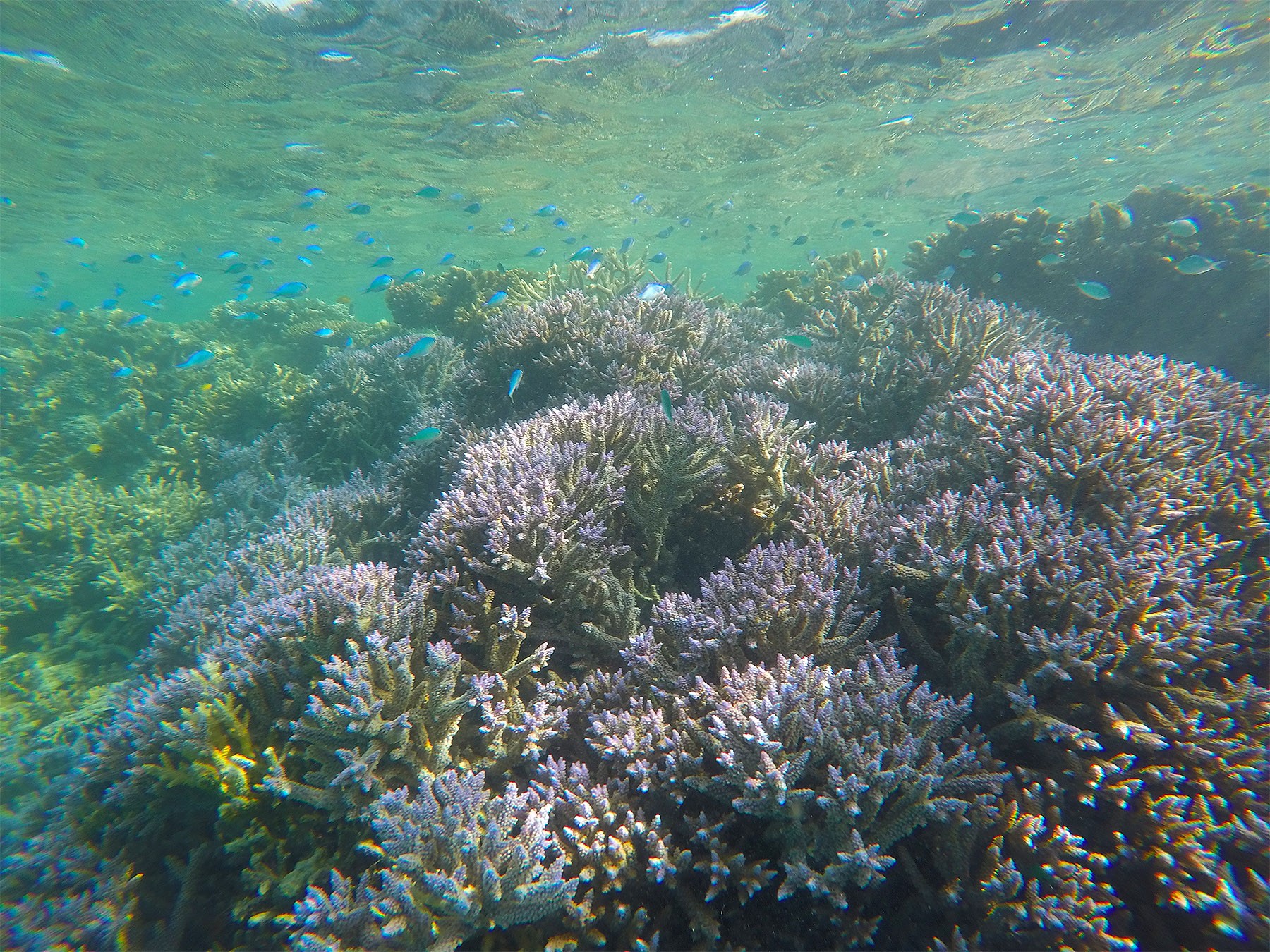
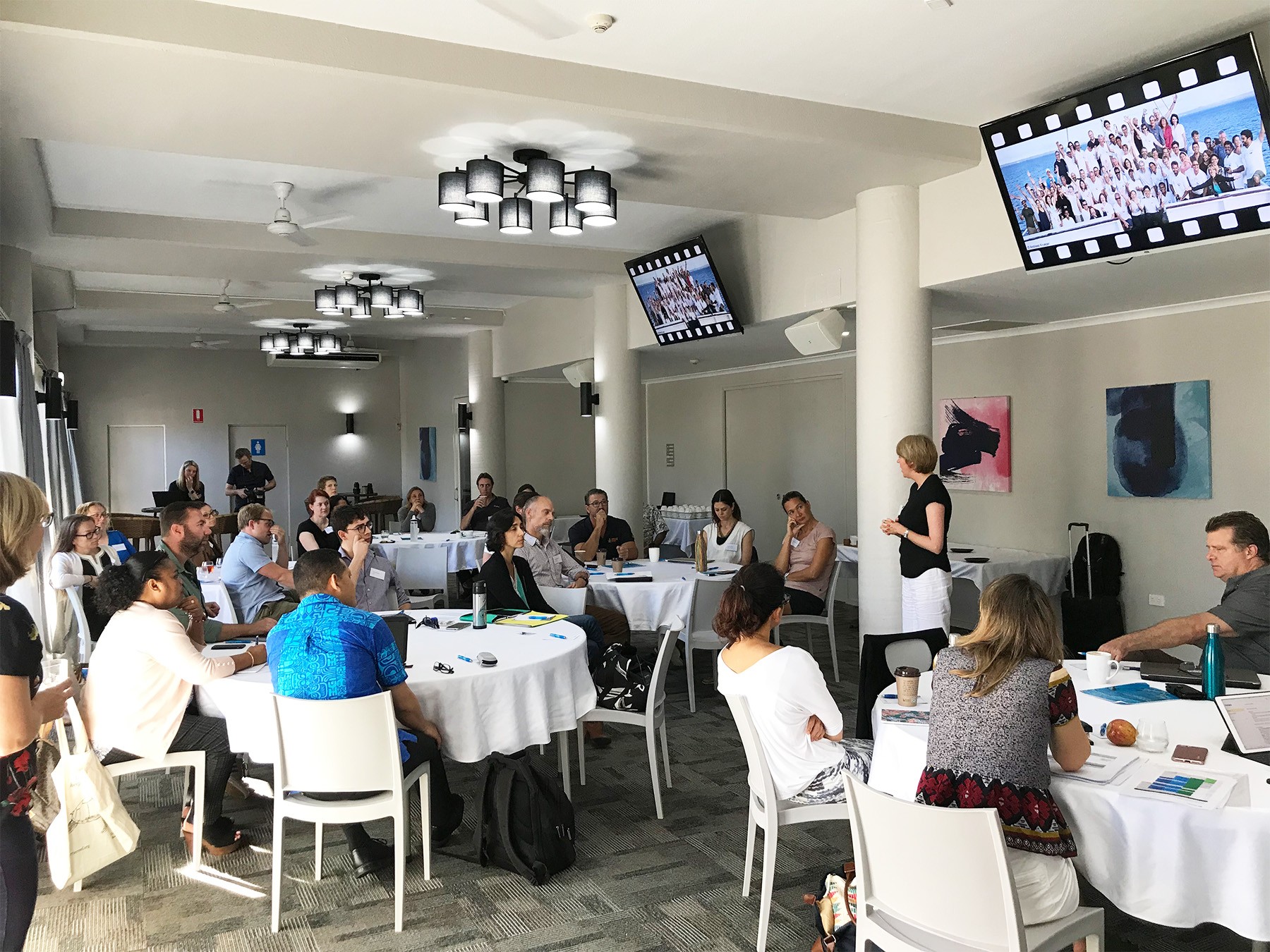
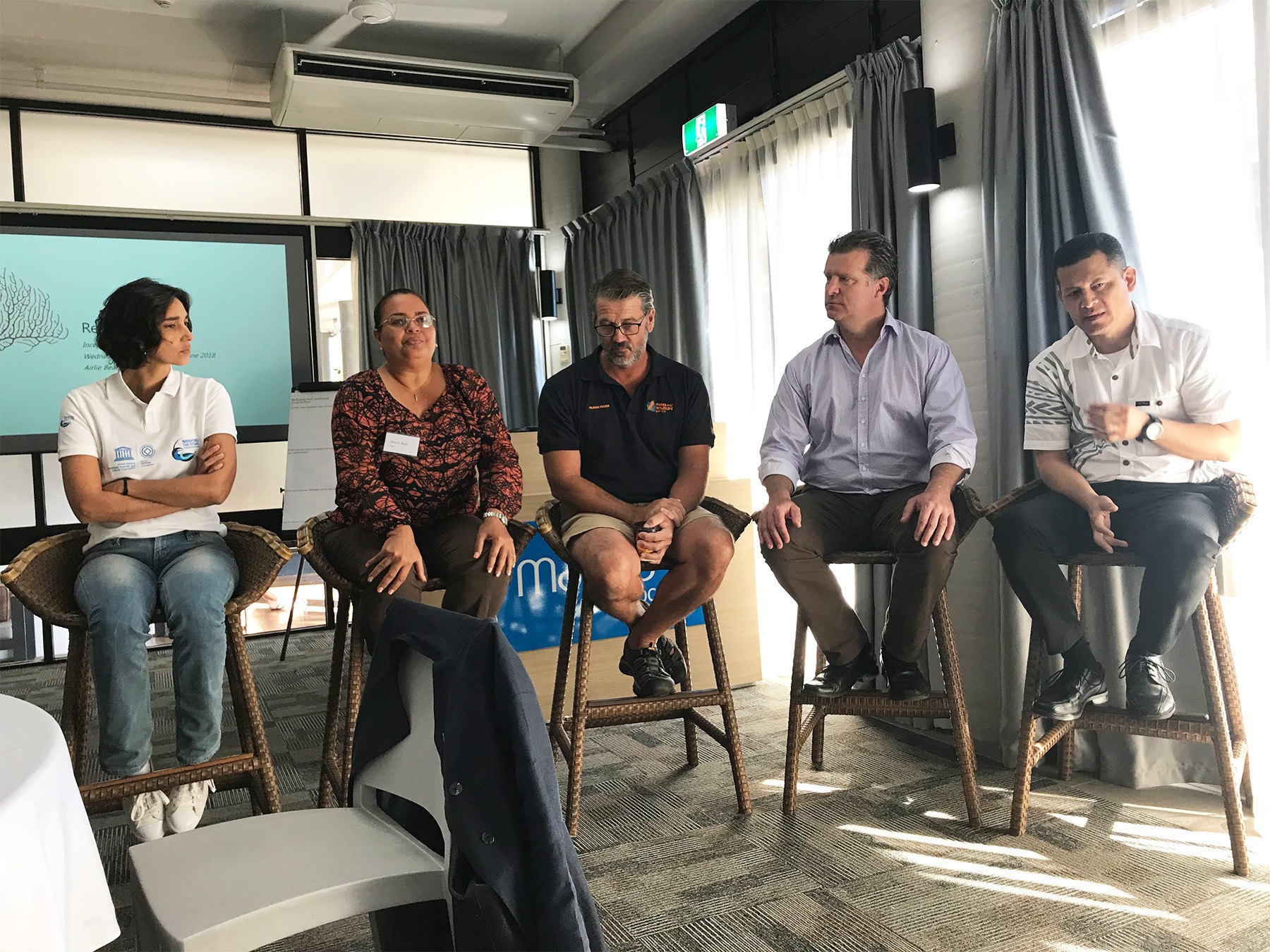
Coral reefs are the largest living structures on earth, home to some of the earth’s richest and most diverse ecosystems. Above the surface, nearly 1 in 6 people directly depend on reef ecosystems for their livelihoods or benefit from the protection they provide from coastal storms. There is a deep relationship between reefs and humanity, forged, upheld, and stewarded by indigenous communities around the world for thousands of years.
While many reefs are already permanently damaged from overfishing, mining and tourism, climate change poses the most global and imminent threat to these fragile ecosystems with ocean acidification, sea level rise, and intensifying coastal storms. Combined with other impacts from urban sprawl and coastal deforestation, reefs are less able to rebound from shocks, like bleaching events. Meanwhile, the communities, cultures, and economies that depend on reefs are at stake. The loss of indigenous communities and their generations of stewardship knowledge leave us further away from potential solutions.
Even as the reefs represent the precariousness of the earth's global ecosystems, they also are the site of possible transformation. The Resilient Reefs Initiative--led by the Great Barrier Reef Foundation--will support five reef sites identified by UNESCO World Heritage for their Outstanding Universal Value with a multi-year resilience strategy development process and technical assistance in saving reefs and the communities that depend on them. Reef managers, and newly hired Chief Resilience Officers from New Caledonia, Ningaloo, Palau, Belize, and the Great Barrier Reef will work together to build local capacity for resilience planning and design and begin a global resilient reef network.
In Spring of 2018 we traveled to Airlie Beach, Australia to kick off the program with GBRF. Reef managers, scientists and other experts framed the critical questions about the future of reefs and set the stage for future site-specific Resilient Reef Accelerator Workshops. Together we established key priorities moving forward: the importance of community-based management strategies, coordinating research agendas across disciplines and institutions, incentivizing the private sector to join this work, and developing governance strategies to manage land uses across jurisdictions.
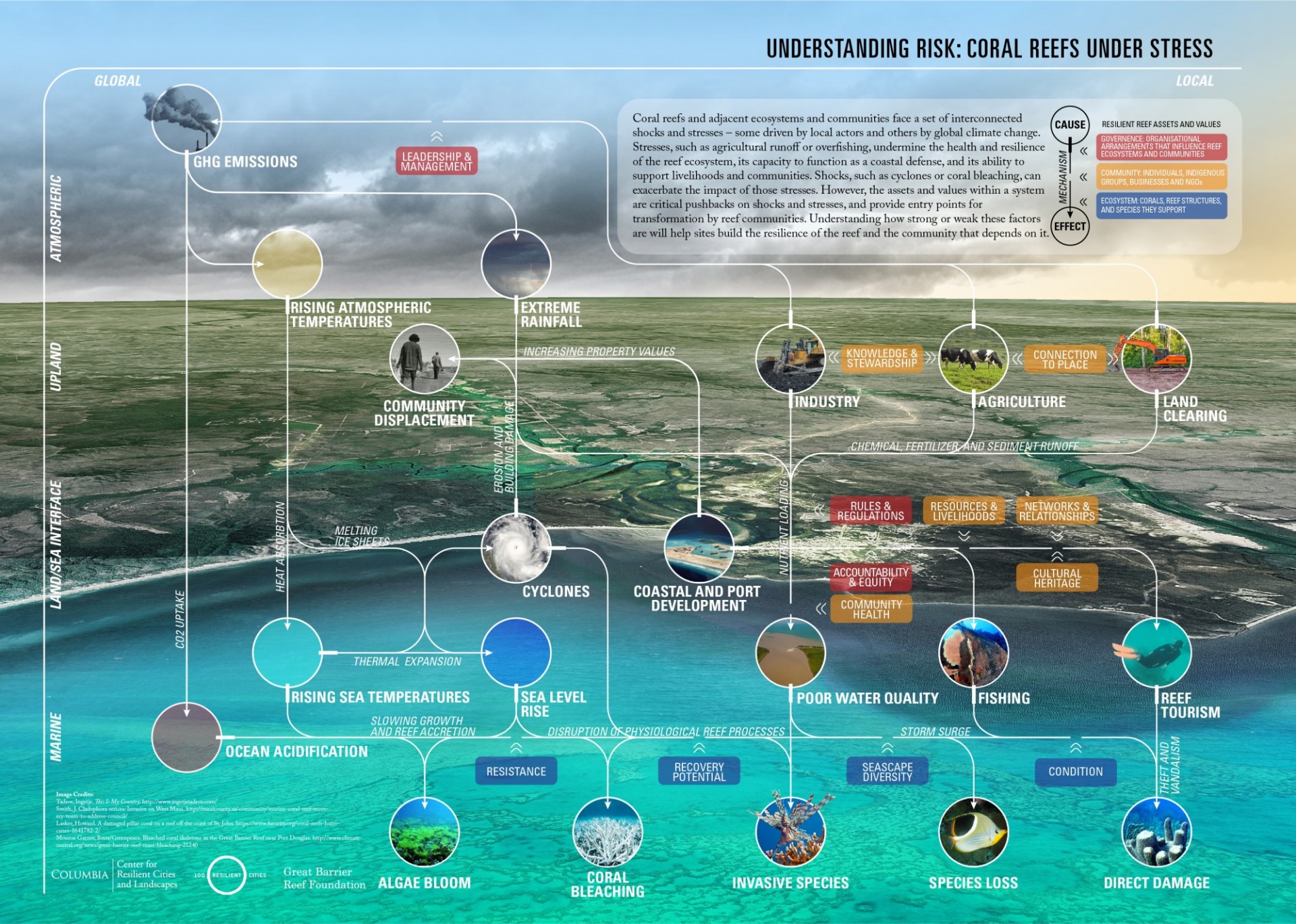
CRCL TEAM
Kate Orff
Thad Pawlowski
PARTNERS
Great Barrier Reef Foundation
100 Resilient Cities